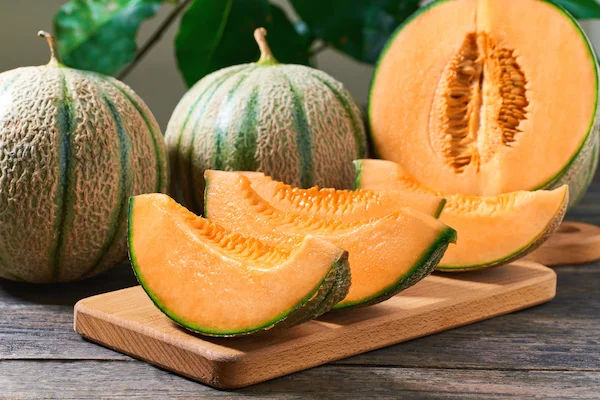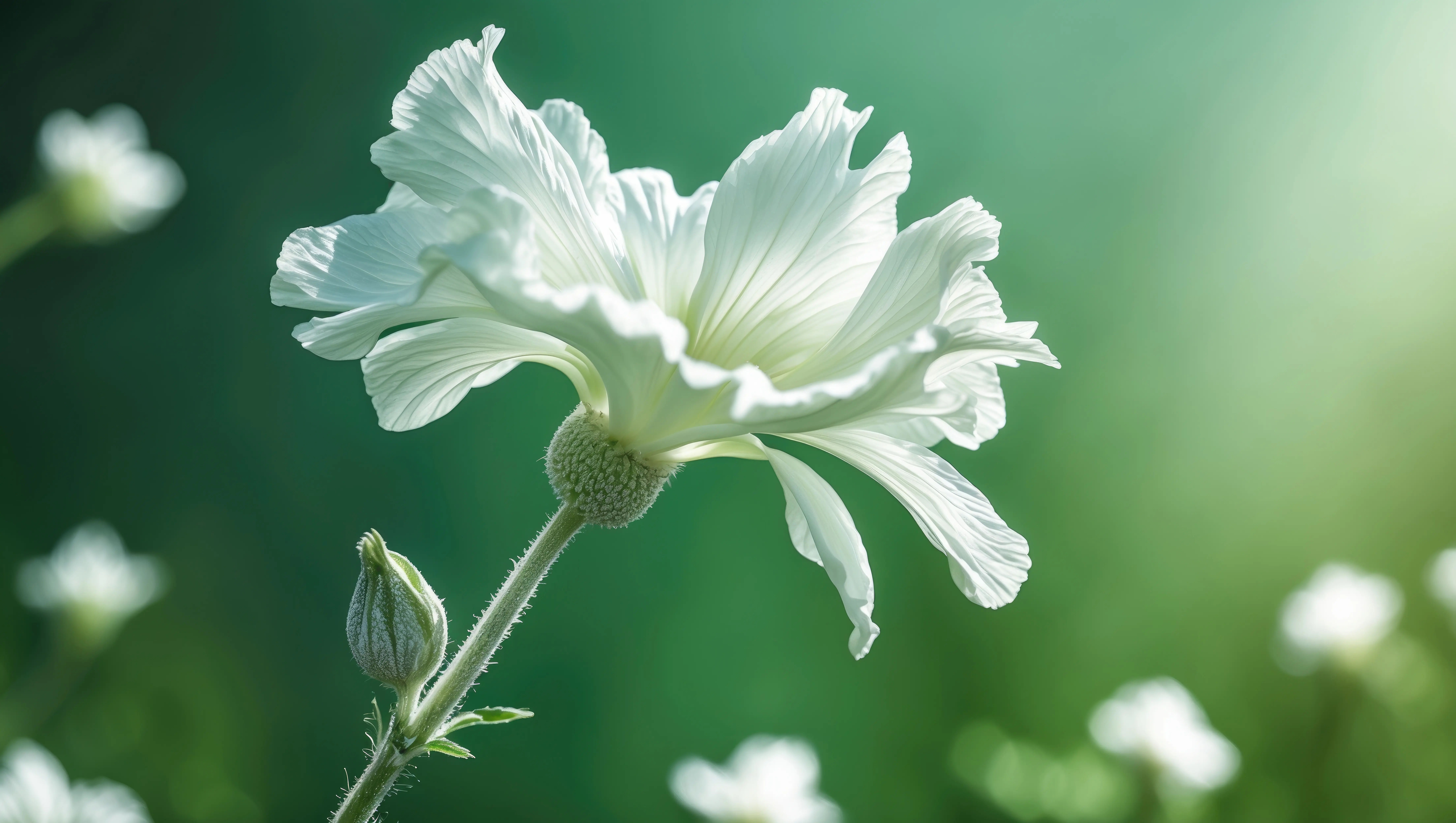Health Tips For Monsoon
Stay healthy during the monsoon with essential tips on immunity, hygiene, diet, and lifestyle to prevent common seasonal illnesses.

Written by Dr. Rohinipriyanka Pondugula
Reviewed by Dr. Md Yusuf Shareef MBBS
Last updated on 13th Jan, 2026

Introduction
The pitter-patter of rain, the petrichor, and the cool breeze of the monsoon season is a welcome respite from the scorching summer heat. It’s a time for pakoras, hot chai, and cozy moments. However, this beautiful season also brings with it a host of health challenges. The increased humidity and stagnant water create a perfect breeding ground for bacteria, viruses, and mosquitoes, leading to a spike in infections. This comprehensive guide to health in the monsoon is designed to equip you with practical, actionable tips to navigate the rainy season safely. We'll delve into dietary dos and don'ts, essential hygiene practices, and ways to boost your immunity, ensuring you can enjoy the rains without compromising your well-being. Let’s turn this monsoon into a season of health and joy.
Understanding Monsoon Health Risks
The first step to prevention is understanding what you're up against. The monsoon environment exacerbates specific health issues.
Waterborne Diseases: The Hidden Threat in Rainwater
Heavy rains often lead to waterlogging and flooding, which can contaminate clean water sources with sewage and waste. This contamination is the primary cause of waterborne illnesses.
Typhoid: Caused by Salmonella typhi bacteria from contaminated food/water. Symptoms include high fever, headache, and abdominal pain.
Cholera: Caused by Vibrio cholerae, leading to severe dehydration from watery diarrhea.
Hepatitis A: A viral infection affecting the liver, transmitted through ingestion of contaminated food/water.
Leptospirosis: Also known as Weil's disease, this is caused by bacteria found in water contaminated by animal urine. It's a significant risk for people wading through floodwaters.
Vector-Borne Diseases: The Mosquito Menace
Stagnant water in pots, tyres, clogged drains, and coolers becomes a nursery for mosquitoes.
Dengue: Transmitted by the Aedes aegypti mosquito, which bites during the day. Symptoms include high fever, severe body ache, and rash. In severe cases, it can lead to dengue hemorrhagic fever.
Malaria: Caused by a parasite transmitted by the Anopheles mosquito, which bites primarily between dusk and dawn. Symptoms involve high fever with chills and sweating.
Chikungunya: Also spread by the Aedes mosquito, it causes high fever and debilitating joint pain.
Fungal and Bacterial Infections: Dampness and Humidity
The constant moisture in the air makes your skin prone to infections, especially in areas that don’t get enough air, like between toes (Athlete's foot), groin, and armpits. Damp clothes can also lead to skin rashes and irritation.
Airborne Infections: The Common Cold and Flu
The sudden drop in temperature and fluctuating humidity levels can weaken your respiratory system's defenses, making you more susceptible to common colds, flu, and sore throats.
Consult a General Physician for the best advice
Your Monsoon Diet: Eat Smart, Stay Healthy
What you eat plays a pivotal role in keeping you healthy during the monsoon.
Foods to Embrace for a Strong Immunity
Focus on warm, cooked, and easy-to-digest foods.
Herbal Teas: Ginger, tulsi (holy basil), and pepper tea are excellent for building resistance and soothing the throat.
Vegetables: Opt for seasonal, well-washed, and thoroughly cooked vegetables like bottle gourd (lauki), bitter gourd (karela), and turmeric, which have anti-inflammatory properties.
Fruits: Eat fruits like pomegranates, bananas, apples, and pears. Ensure they are washed properly and consumed fresh.
Spices: Incorporate garlic, turmeric, jeera (cumin), and hing (asafoetida) in your cooking. They are natural immunity boosters and aid digestion.
Foods to Strictly Avoid During the Rains
Avoid certain foods that can increase the risk of illness during the rainy season such as:
Street Food: The chances of contamination are extremely high. Avoid chaat, juices, golas, and pre-cut fruits from street vendors.
Leafy Greens: Vegetables like spinach and cabbage often harbor larvae and germs and are harder to clean thoroughly. Consume them sparingly and only if you can disinfect them properly.
Raw Foods: Avoid salads from outside and sushi. If making at home, wash vegetables with a vinegar or potassium permanganate solution.
Fried Foods: While tempting, your digestion is slower during monsoon. Excessive oily food can cause bloating and indigestion.
The Golden Rule: Hydrate Safely
Do not compromise on water intake. However, drinking purified water is non-negotiable. Boil your water, use a reliable water filter, or opt for sealed bottled water. Carry your own water when stepping out. This is the single most effective step to prevent waterborne diseases like cholera and typhoid.
Personal Hygiene: Your First Line of Defense
Extra vigilance in hygiene can prevent most monsoon ailments.
Hand Hygiene: More Than Just a Rinse
Wash your hands frequently with soap and water, especially before eating, after coming home from outside, and after touching any potentially contaminated surfaces. Use an alcohol-based sanitiser when soap isn't available.
Foot Care: Preventing Fungal Infections
Keep your feet dry. If your shoes get wet, change into dry footwear immediately.
Wash your feet after coming home from outside and dry them thoroughly, especially between the toes.
Avoid wearing wet socks or closed shoes for prolonged periods. Choose open sandals or breathable footwear when possible.
Staying Dry and Clean
Always carry an umbrella or raincoat. If you get drenched, take a warm shower immediately to wash off any germs and normalise your body temperature. Avoid sitting in an air-conditioned room in wet clothes, as this can drastically drop your body temperature and make you susceptible to a cold.
Boosting Your Immunity Naturally
A strong immune system is your best armor. Ensure you get 7-8 hours of quality sleep, as it is crucial for immune function. Manage stress through meditation or light yoga. Consider incorporating natural immunity-boosting supplements like Vitamin C and Zinc after consulting with a doctor, especially if your diet is lacking. If you feel your immunity is consistently low, consulting a nutritionist on Apollo24|7 can help you create a personalised diet and supplement plan.
Creating a Safe and Healthy Home Environment
Your home should be your sanctuary.
Mosquito-Proofing Your Home: Use mosquito nets or screens on windows. Use electric repellents, mosquito coils, or natural options like citronella candles. Regularly empty and clean all water containers, coolers, and plant pots to eliminate mosquito breeding sites.
Managing Dampness and Mold: Ensure your home is well-ventilated. Use dehumidifiers if necessary to prevent the growth of mold on walls and furniture, which can trigger allergies and asthma.
When to Seek Professional Medical Help
While prevention is key, it's crucial to recognize when you need expert care. If you experience a high fever (above 102°F), persistent vomiting or diarrhea, severe body ache, unexplained rashes, or difficulty breathing, do not self-medicate. These could be signs of serious conditions like dengue, leptospirosis, or pneumonia. Consult a doctor online with Apollo24|7 for immediate evaluation and guidance. They can advise if you need to get specific tests, like a complete blood count for dengue or a leptospirosis test, for which Apollo24|7 offers convenient home collection services.
Get Your Health Assessed
Conclusion
The monsoon is a season to be enjoyed, not feared. By adopting a mindful approach to your diet, hygiene, and overall lifestyle, you can effectively fortify yourself against seasonal illnesses. This guide provides a robust framework for monsoon health care, empowering you to make informed choices. Remember, small, consistent actions like washing your hands and drinking clean water have the biggest impact. Stay vigilant, listen to your body, and don’t hesitate to seek professional medical advice when needed. Embrace the rains, stay healthy, and make the most of this beautiful time of the year!
Consult a General Physician for the best advice
Consult a General Physician for the best advice

Dr Summaiya Banu
General Practitioner
8 Years • MBBS
Hyderabad
Apollo 24|7 Clinic, Hyderabad
(250+ Patients)

Dr. D Bhanu Prakash
General Practitioner
10 Years • MBBS, AFIH, Advanced certificate in critical care medicine, Fellowship in critical care medicine
Hyderabad
Apollo 24|7 Clinic, Hyderabad

Dr. Rajib Ghose
General Physician/ Internal Medicine Specialist
25 Years • MBBS
East Midnapore
VIVEKANANDA SEBA SADAN, East Midnapore

Dr. Lakshmi Godavarthy
General Physician/ Internal Medicine Specialist
19 Years • MBBS, MD (Internal Medicine)
Hyderabad
Apollo Hospitals Jubilee Hills, Hyderabad
(125+ Patients)

Dr. Ajay K Sinha
General Physician/ Internal Medicine Specialist
30 Years • MD, Internal Medicine
Delhi
Apollo Hospitals Indraprastha, Delhi
(225+ Patients)
More articles from General Medical Consultation
Frequently Asked Questions
1. What is the most common disease in the monsoon season?
The most common diseases are a mix of waterborne (like viral fever, typhoid) and vector-borne (dengue, malaria) illnesses. Common colds and fungal infections are also highly prevalent due to the humidity.
2. How can I purify water at home during the monsoon?
Boiling water for at least 10-15 minutes is the most effective and cheapest method. You can also use UV water purifiers or reverse osmosis (RO) systems. For emergency purification, chlorine tablets can be used.
3. What are the first signs of leptospirosis?
Early symptoms are often flu-like: high fever, severe headache, chills, muscle aches (especially in the calves and lower back), and vomiting. It can be mistaken for a common viral fever, so mentioning any contact with floodwaters to a doctor is crucial.
4. Which fruit is best during the rainy season?
Fruits that are less watery and can be peeled are best. Examples include pomegranates, bananas, apples, cherries, and peaches. Always wash them thoroughly before consumption.
5. How can I protect my skin during the monsoon?
Keep your skin clean and dry. Use a mild cleanser, a light moisturizer, and antifungal powder in areas prone to sweat. Don't forget to exfoliate gently once a week to prevent clogged pores.


.webp)



